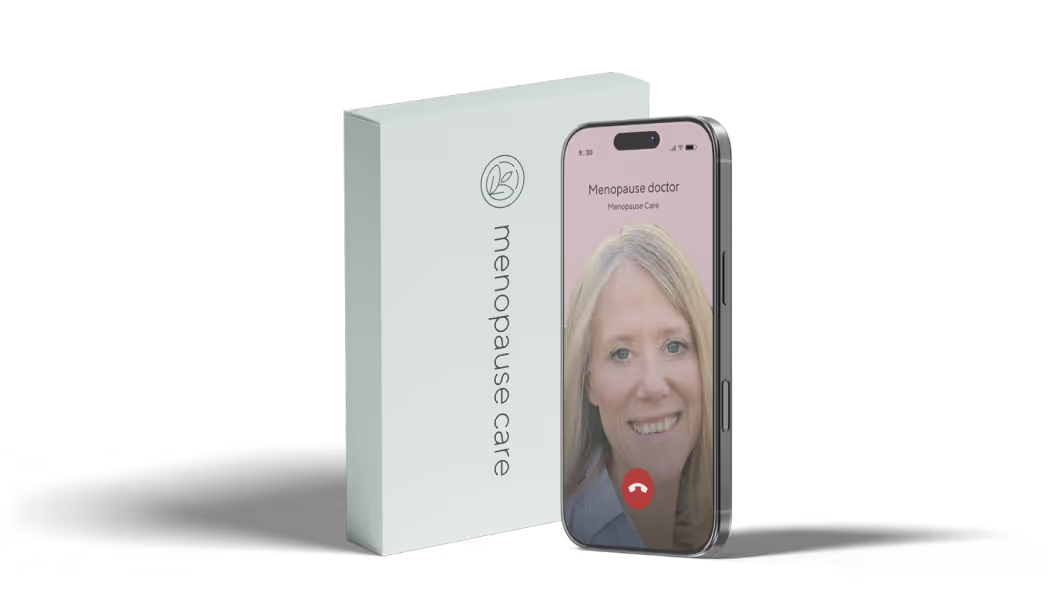
Your recommended specialist is Dr Emily Kelly, menopause doctor and ADHD specialist

you because:


- Cancer
- PCOS
- PMDD/PMS
- Insomnia
- Endometriosis
- Fibroids
- Ovary removal or hysterectomy
- Adrenal & thyroid
- Migraines
- Histamine sensitivity
- ADHD

Dr Naomi Potter
How your menopause
doctor can help







